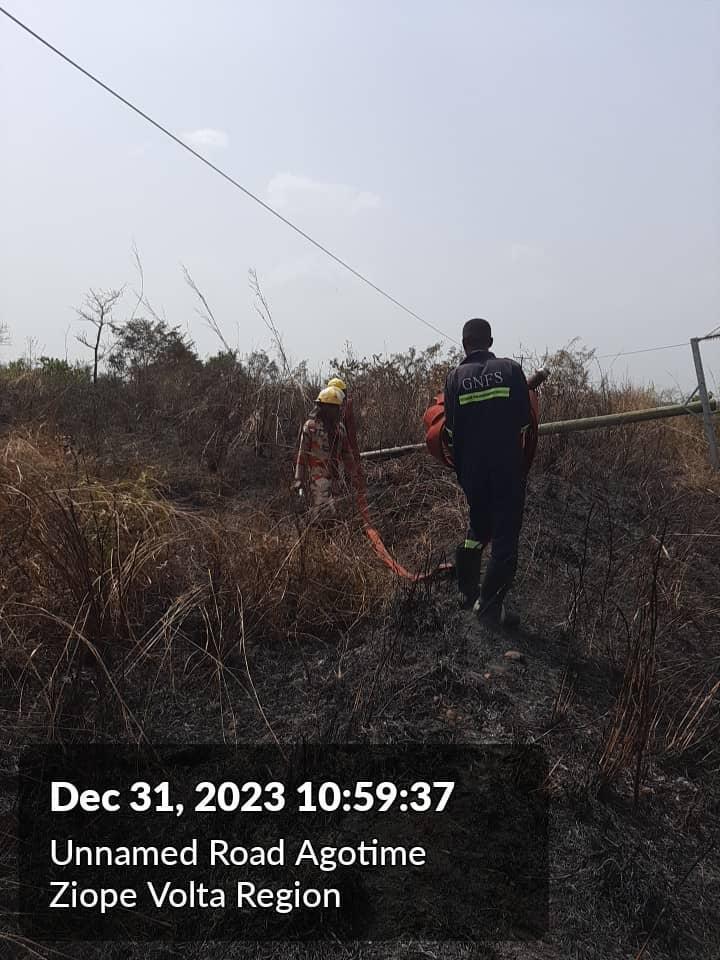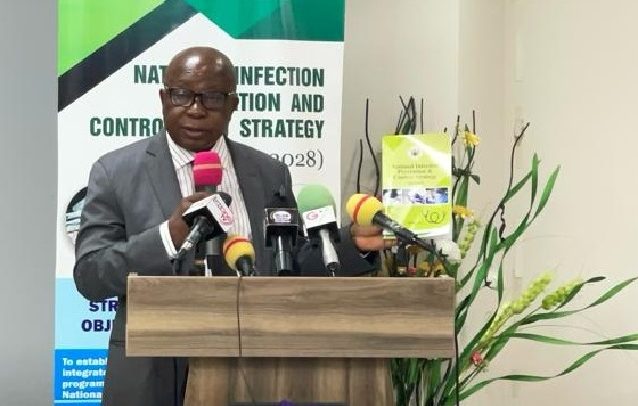
On July 5, 1995 torrential rains fell across the country and many places got flooded. Accra was not exempted, with water levels exceeding two meters in some areas.
On record, there are about twenty-three serious flooding in Ghana, since 1959. In recent times, the July 1995 floods were the worst in the national capital. And it took days for the water to recede.
Many a times, flooding is blamed on construction in waterways and this is where I have an issue on how this is often tackled. But before that, I wish to appeal to government to take necessary steps and construct storm drains all across the country. I will recommend the type of storm drains which are in Paris. They are so huge, that it is said that some tramps, have their residences in them.
One other important point is to construct sealed drainages so as to keep people from dumping waste into the gutters. These drainages must be constructed in a way to enhance free flow of waste water. Thinking wild, I will suggest the construction of huge underground reservoirs to harvest the flood waters, which could be used during the dry season. This is just by-the-way.
Every residence and commercial/business sites must have refuse containers where garbage must be dumped into. There must be strict laws on waste disposal which every citizen must abide by. Companies which collect garbage must do their work professionally so that everywhere would look spick and span. Proper waste disposal can help resolve flooding.
Now the issue of building in waterways. The annual ritual of the demolishing of buildings in waterways, is not going far enough. I think that it will be proper to have the authorities who signed building permits to be punished. It is very unfair to demolish someone’s building because it is sitting in a waterway, while the authority who gave the permission for the building to be constructed is left off the hook.
It is like this. A law-abiding citizen goes to purchase a land and may not be aware that it is in a waterway. He goes to secure landed documents and no one tells him his plot is in a waterway. He then proceeds to the authority in charge of issuing building permits and secures one, so that he can lawfully put up his building.
All this while, he pays for services, and someone or some people make money out of it. And they may not tell the man that his plot is in a restricted zone.
This is how it is done. One gets to the office for a permit and he is told he is to pay GH¢750.00, which he pays. When the document is out, he will find a receipt of GH¢50.00 attached. So, assuming that a thousand such documents are approved withing a year, then a few people in that office are going to share GH¢700,000.00. Let us say, they are seven in number in that office and if they are to share the booty equally, each one will make GH¢100,000.00 and they will look for a safe plot to buy and build their houses.
After some heavy rains and serious flooding, the buildings on the waterways are demolished and the law-abiding citizens suffer a great loss.
I will strongly recommend that all the signatories of the officers on landed documents and building permits should be made to face the courts and answer questions on why they passed the documents through when they know the plots were in restricted zones. If found guilty of any abuse of office, they must be made to among others pay for the buildings and then if the court deemed it fit, they could be jailed.
It is very obvious that once such strict measures are applied, no officer in his right sense would ever approve landed documents or sign a building permit to an owner of a plot in a restricted zone.
Another problem is that when the authority demolishes such buildings the place is left to the weather. The mass of debris is left standing there and this breeds dangerous reptiles or become hideouts for social outcasts who hang around to plot evil and engage in illegal acts.
Once an area is identified as a waterway, open storm drains may be constructed to carry away flood waters.
Flooding is not the preserve of this country. Many other nations report of serious and devastating floods, but the difference, is that we just relax and forget About the problem after the rains, then wait for the next floods.
In summary, I state my opinion on how to prevent flooding: Construction of super underground storm drains, covered-drains, open storm drains in certain areas, implementation of laws against throwing rubbish about, especially in drains, making it unattractive for officers to prepare land documents or grant building permits for plots in restricted areas and making all waterways attractive. And if it makes sense, very large underground reservoirs may be constructed to harvest flood waters.
Hon. Daniel Dugan
Editor’s note: Views expressed in this article do not represent that of The Chronicle
The post Preventing Perennial Flooding appeared first on The Ghanaian Chronicle.
Read Full Story

















Facebook
Twitter
Pinterest
Instagram
Google+
YouTube
LinkedIn
RSS